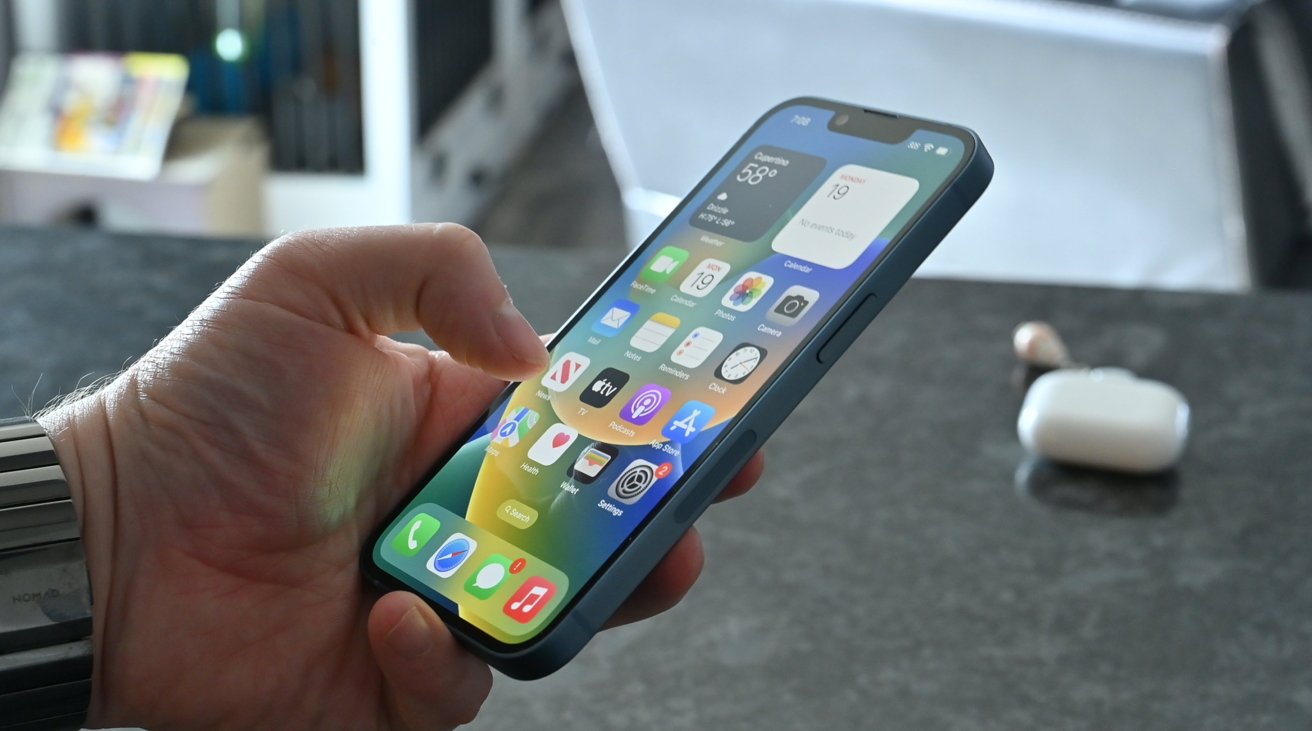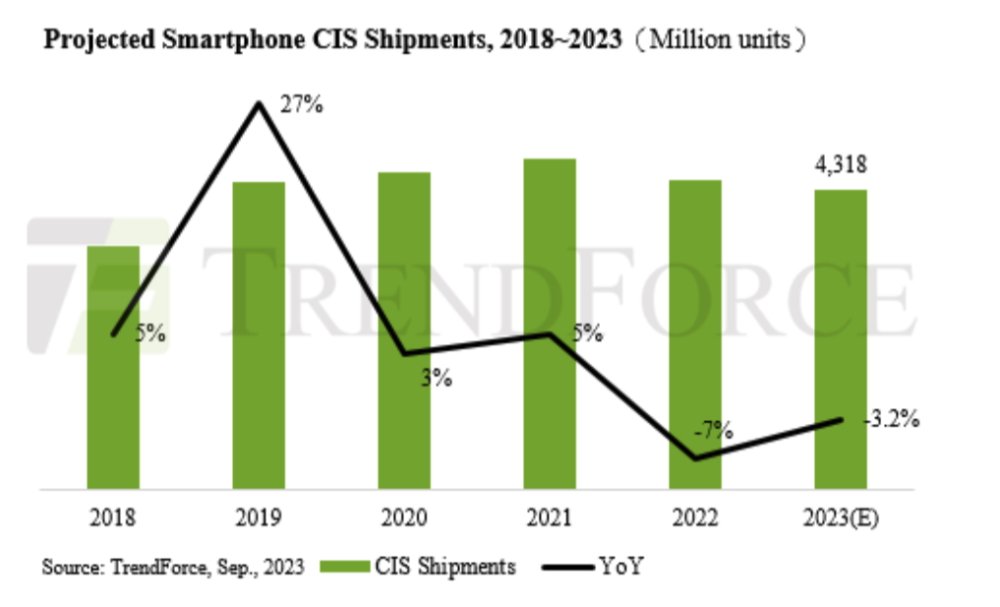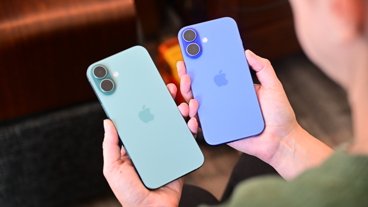Analysts are predicting that Apple's iPhone 15 Pro camera upgrades will appeal to "tech aficionados," but won't translate to greater sales the way future AI image processing will.
Trendforce has been predicting Apple's plans for the iPhone 15 range since at least October 2022, and most recently has also been forecasting future Apple Watch Ultra models.
Now in a note seen by AppleInsider, the analysts present an upbeat assessment of how well-received the iPhone 15 Pro will be, but a partly more downbeat one about its sales prospects.
"TrendForce reports that the upcoming iPhone 15 series is poised to make several key upgrades that are sure to make tech aficionados sit up and take notice," write the analysts. "But the star of the show will be the camera upgrades — a pivotal factor that could tip the scales for potential buyers... the iPhone 15 Pro Max will be equipped with a Periscope Lens Module that can increase the device's optical zoom capabilities."
"[However, Apple] faces a marketplace teetering on uncertain ground," continues Trendforce. "From the chilling headwinds of global inflation to China's murky economic prospects, the terrain is fraught with challenges."
"Adding to the complexity is the maturation of smartphone technology," say the analysts, "which has led consumers to extend their device-replacement timelines, dialing down this once-sizzling market dynamism."
Trendforce quotes estimates for the worldwide shipments of CMOS Image Sensors (CIS), which are used in smartphones. The company predicts a "global shrinkage... from 4.46 billion units in 2022 to a more subdued 4.318 billion units in 2023."
The analysts say this "translates to a YoY contraction of 3.2%."
These are figures for all CIS shipments, so it's for all smartphone shipments. Apple has been outperforming the market, to the extent that strong iPhone 15 sales could see Apple topple Samsung from its position as the world's biggest seller of smartphones.
While Trendforce does not break out figures for different firms, its overall estimate is that the industry will decline. Or rather, that it will decline for 2023 and that camera hardware improvements are reaching their limits.
"The average user simply can't tell the difference between a 108 MP and a 200 MP camera," says Trendforce. "Adding more pixels also requires a larger sensor that results in a heftier device, flying in the face of the consumer's relentless quest for lighter, sleeker phones."
However, "fine-tuning CIS structural designs" and "ingeniously re-engineering the structure and materials of the photodetectors," will see camera sensor performance pushed to "to new heights."
"But the innovation doesn't stop there: next-gen image processing algorithms, supercharged by AI, are poised to smash through hardware barriers," continue the analysts. "This transformative tech is geared to amplify image clarity, expand dynamic range, and minimize noise, thereby elevating photographic brilliance to a whole new level."
So while the smartphone market is falling now, and has been for some time, but Trendforce thinks it will recover.
 William Gallagher
William Gallagher








-m.jpg)






 Charles Martin
Charles Martin
 Mike Wuerthele
Mike Wuerthele
 Marko Zivkovic
Marko Zivkovic
 Malcolm Owen
Malcolm Owen



 Amber Neely
Amber Neely


-m.jpg)






3 Comments
i think most ppl ignoring is just how popular google pixels have become here in nyc i see them everywhere i turn its gonna effect sales of everyone as they have become more mainstream in the last 2 months everyone is gonna be effected samsung appl its not an andriod or ios thing when it comes to pixel sales and this is gonna be a problem which wont just go away
The thing which truly is "dialing down this once-sizzling market dynamism" are all the rumors from the tech media, telling is everything there is to know before a product actually is revealed.
Sure, there was excitement in the past due to the dynamism of Steve Jobs on stage. But in those days, there were better kept secrets. When a new product hit the stage, it was exciting BECAUSE we didn't know every last detail about it. We need to return to that. Get rid of the analysts and leakers. Let us be excited once again. I think that can still happen even in this modern era where everyone has a smartphone. Back in the 1950's, everyone had a 1950's car. Not everyone has such a car today. Just as people still buy new, modern cars today and haven't lost the desire to have one only because cars are everywhere, so is true of the smartphone.